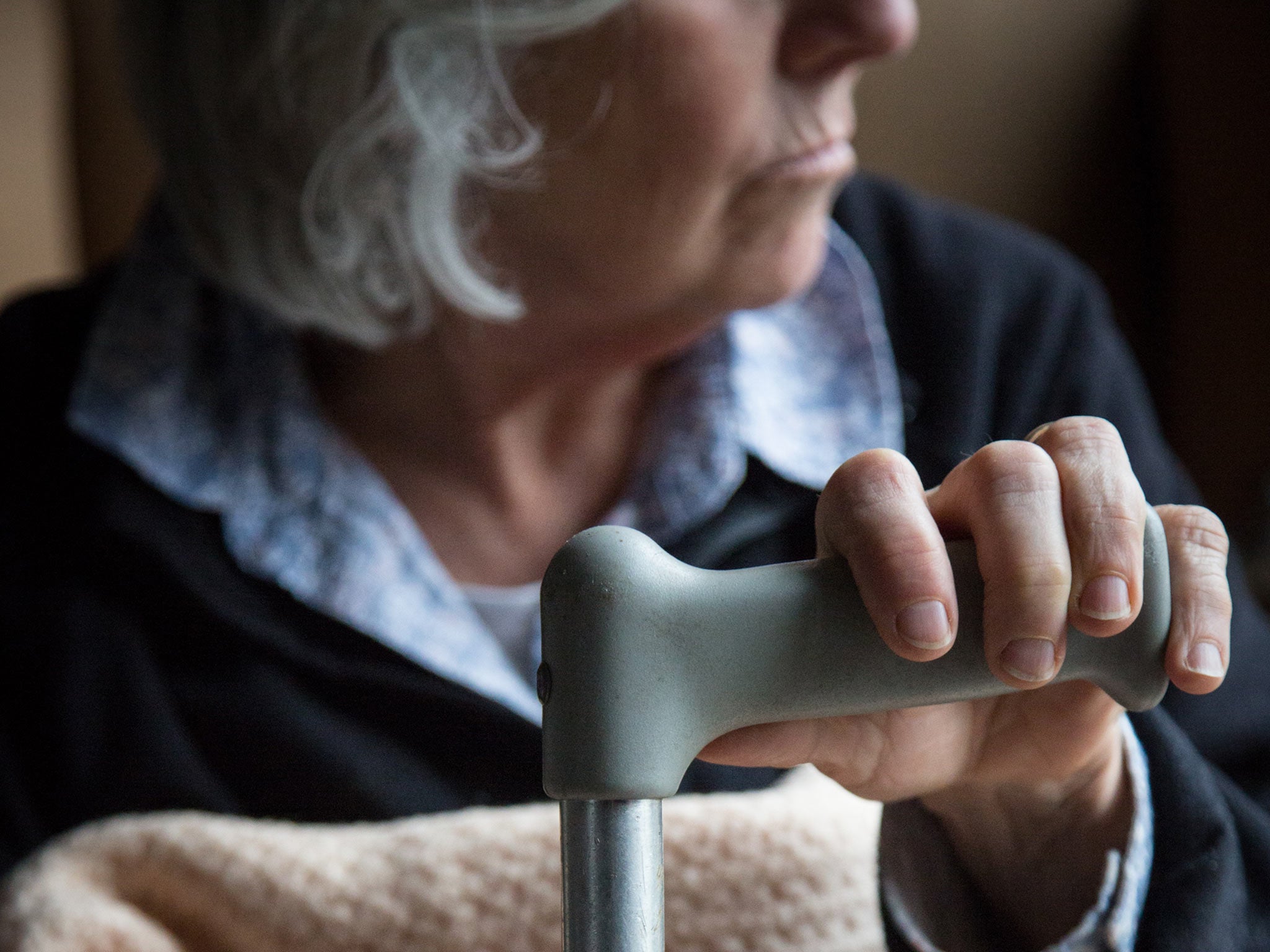‘Alarming wake-up call’: Pandemic increases gender pensions gap to ‘almost £200,000’
Impact of Covid on savings ‘most acutely felt among older women’, says expert

The pandemic has increased the gender pensions gap to almost £200,000, according to a new study.
Research carried out by the Centre for Economics and Business Research found women are missing out on £183,936 compared to the amount men receive from their pension.
This is despite the fact women give a bigger proportion of income to their pensions, the report said.
The current gender pension gap of £183,936 is a stark rise from last year, when there was a pension gulf of £157,263.
Dave Harris, chief executive at more2life, an equity release lender also involved in the research, said: “Today’s figures are another alarming wake-up call about the gender disparity in retirement.
“It’s clear that the Covid-19 pandemic has caused significant disruption to many people’s retirement savings, but the impact has been most acutely felt among older women.
“As we begin to think about what a post-Covid society looks like, it’s vital that the industry and government does more to encourage women to engage with long-term financial planning.”
Mr Harris said the fact women have “less comfortable and financially secure” retirements than men shows the need to tackle the “root causes” of the financial disparity between men and women throughout life.
Researchers warned the gender pension gulf is likely to have increased due to the coronavirus crisis causing the value of pension pots to decrease as well as preventing people who are over-55 from saving money to contribute to their retirement fund.
Some 30 per cent of women polled for the study said their financial situation had worsened since the start of the pandemic, which has impeded their capacity to save money for their pension pot. A quarter of men said the public health crisis has impacted their pension savings.
Researchers said the growing gender pension gap could be caused by the fact women are bearing the brunt of the economic fallout sparked by the coronavirus crisis.
Studies have found that women have been more likely to lose jobs or be furloughed due to being over-represented in low-paid, precarious jobs and sectors hit hardest by the pandemic, such as hospitality, retail, leisure, tourism and the arts.
The latest study, which analysed the average earnings of both men and women last year, found men are able to contribute £3,184 to their pension fund, while women can contribute £2,340. This leads to the average woman having to work an extra 14.5 years to catch up with their male counterparts, researchers said.
Men who have worked full-time for 30-34 years get an average annual retirement income of £22,776, whereas women who have worked the equivalent amount get £17,004.
It comes after The Independent recently reported on a study that found the gender pay gap increased as people get older and is largest for the over-50s. Rest Less, a website that supports the over-50s, found that the median annual salary of women working full-time in their fifties was 23 per cent less than for men of the same age.
Almost 4 million women were impacted by the controversial state pension overhaul, which saw the pension age increased from 60 to 66 for women born after March 1950 – with the United Nations warning that the changes place them at increased risk of “poverty, homelessness and financial hardship”.
The Independent previously reported on how the lives of women hit by the state pension age rise have been turned upside down by the pandemic, pushing some into destitution after losing their jobs in the public health crisis. Others have been forced to carry on working – despite their age putting them at risk of serious complications from coronavirus.
Subscribe to Independent Premium to bookmark this article
Want to bookmark your favourite articles and stories to read or reference later? Start your Independent Premium subscription today.

Join our commenting forum
Join thought-provoking conversations, follow other Independent readers and see their replies